World
The modern world cannot be studied without examining the course, impact and legacy of two world wars, the resources in this section set out to look at both the First and Second World Wars in their global context. The section also includes the Cold War and its impact in Latin America, South-East Asia and parts of Africa. This period also sees the rise and fall of European imperialism and the changing nature of global politics and economics as technology brings different stories from so many parts of the world directly to us. Read more
Sort by:
Date (Newest first) | Title A-Z
Show:
All |
Articles |
Podcasts |
Multipage Articles
-

Forbidden friendships: taverns, nightclubs, bottle bars and emancipation
ArticleClick to view -
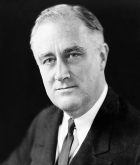
Franklin D. Roosevelt and the New Deal
ArticleClick to view -
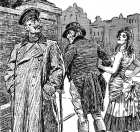
Gary Sheffield: Origins of the First World War
ArticleClick to view -

Glowing in the Dark
ArticleClick to view -
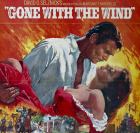
Gone with the Wind: a great book?
ArticleClick to view -
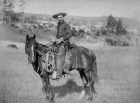
Have gun, will travel: The myth of the frontier in the Hollywood Western
ArticleClick to view -

Hiroshima and Nagasaki: Introducing students to historical interpretation
ArticleClick to view -

Historical Diary: An Eighteenth-Century Gap Year
ArticleClick to view -

Historical Events or People in 10 Tweets - The Crimean War
ArticleClick to view -

History Abridged: American Policy: theory and practice over 200 years
ArticleClick to view -
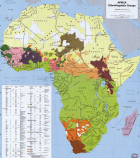
History Abridged: Language and the African continent
ArticleClick to view -

History Abridged: Operation Black Buck
ArticleClick to view -

History Abridged: POTUS - President of the United States
ArticleClick to view -

History Abridged: The Berlin Conference 1884–1885
ArticleClick to view -

How is the source base of the twentieth century different from that of earlier periods?
ArticleClick to view -

Iconic Images of War: photographs that changed history
ArticleClick to view -

Immigration and the making of British food
ArticleClick to view -
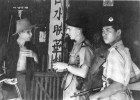
Imperialism resurgent: European attempts to 'recolonise' South East Asia after 1945
ArticleClick to view -
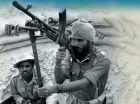
India and the British war effort, 1939-1945
ArticleClick to view -
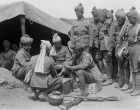
India in 1914
ArticleClick to view

